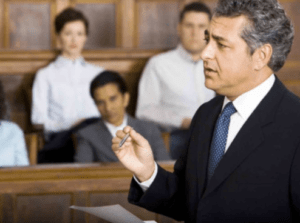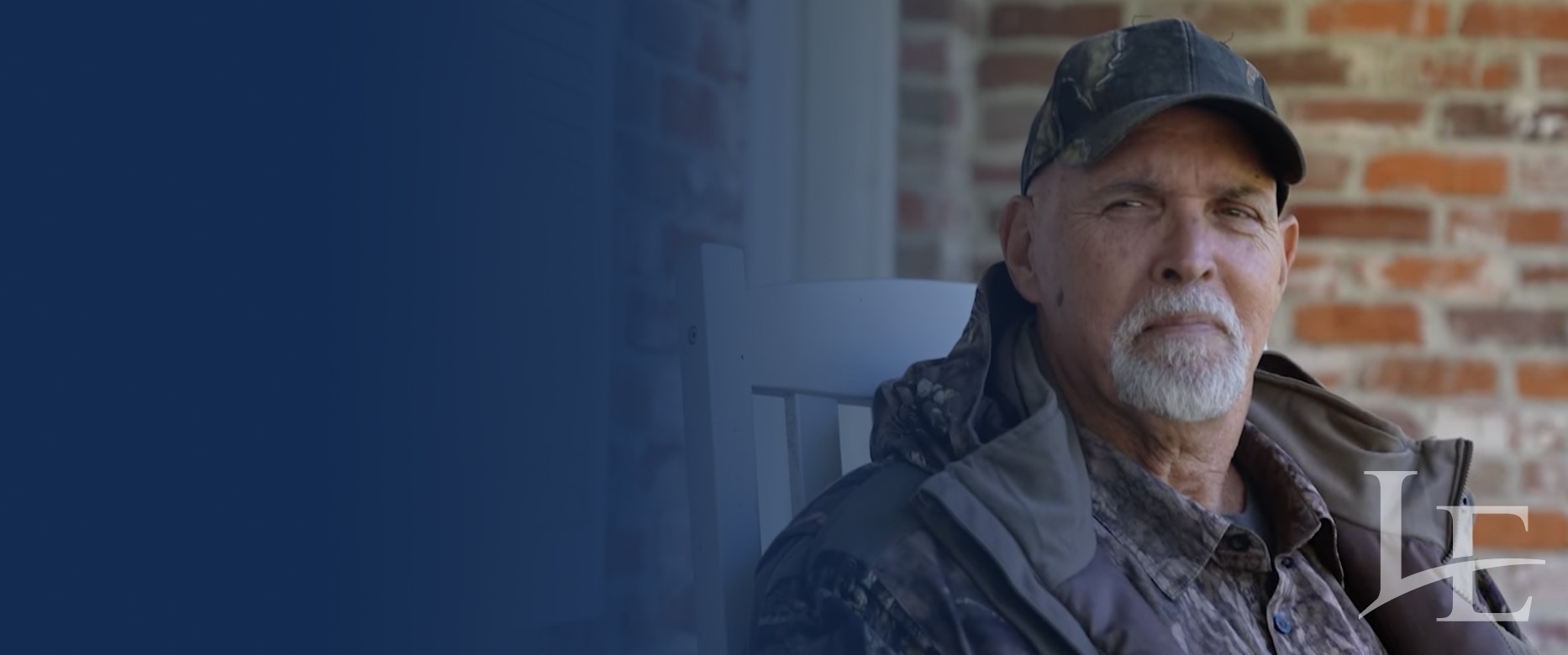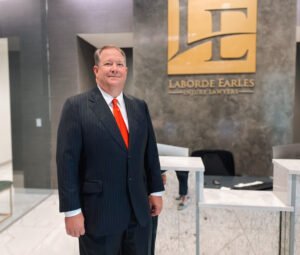
In order to ensure that we get the information needed to help our clients, our personal injury lawyers use questioning techniques like the following:
- Identifying a “tell”
- Asking direct questions
- Rewording questions
- Repeating questions
Personal injury lawyers use questioning to obtain information that is both accurate and relevant to our clients’ cases. This is critical, as incorrect or irrelevant information – or even correct information presented in the wrong way – can harm a client’s chances of recovering compensation.
Who We Question and How
Depending on how and where your personal injury accident occurred, we may have to question some or all of the following parties.
- You: No one knows the consequences of your personal injury better than you. We may examine or interview you to get your story down in a clear, logical way.
- The liable party: This could be a reckless driver, a property owner, a dog owner, or whoever was responsible for causing your injury.
- Witnesses: For example, if your accident occurred at work, we can talk to your coworkers. If it happened on a busy street, we can track down the people who were there that day.
- Experts: Medical professionals, economists and vocational experts, and accident reconstruction specialists could all contribute vital information.
To get the most helpful possible testimony, we might use the following tactics.
Identify a “Tell”
When someone is lying or refraining from telling the whole truth, they may have a “tell,” or something that they do that indicates they are not being fully truthful. Some of the common tells that we have seen include:
- The inability to look directly at us
- Shifting their gaze while answering the question
- Looking at their attorney before answering
- Stumbling over their words
These tells are not universal. However, in many cases, they are a warning sign. When we see any of these actions or others, we know that there could be something missing from their answer we need to aggressively expose.
Ask Direct Questions
When we need specific answers, we ask direct questions. If we are not clear or specific enough, the information we get in return may not be useful, even if the person we are questioning genuinely wants to help.
When preparing to speak with witnesses, the responsible party, or others, we make a list of questions that we plan to ask. We work through the questions to make sure that they are as direct as possible so we can get clear answers.
Reword Questions
Sometimes, there may be a question that the subject:
- Does not understand
- Misinterprets and answers with irrelevant information
- Does not want to answer and chooses to answer a different way
When we reword the question, it removes the ability to dodge the question or think of a different way to answer it. We use this tactic when people are not giving a clear answer, either accidentally or on purpose. This way, the person understands the question and can answer more specifically.
Repeat Questions
Rather than rewording the question, sometimes we decide to ask the same question again. We may even end up asking it multiple times in order to wear down the subject.
For example, if we ask a witness, “Where were you on the night of August 24th?” the witness may give an ambiguous answer. By repeating the question several more times, the witness realizes that they need to give a direct answer to move on to the next question or give the correct answer because their “tell” shows that they are lying or holding back important information.
In the end, they give an accurate response, and we can ask the next question.


Laborde Earles injury was great for me they took care of me very fast and professional. If for any reason I need legal help they will be who I use.
ClientWe Also Provide Other Legal Services
In addition to soliciting critical information from various parties, our team can:
- Inform you of your legal options and advise you about which option may be best for your situation
- Request documentary evidence from your doctor, responding authorities, or other sources
- Identify parties who may have information pertinent to the case, including the liable party
- Calculate how much money your accident could entitle you to recover
- Schedule a meeting with the insurance company, where we can present the testimony and evidence we have collected and push for a fair settlement
- Take care of all courtroom prep and presentations, if the insurance company refuses to settle


I thank God for Digger & David. I don’t know what we would have done if it hadn’t have been for them.
Rick Smith | ClientCall for a Free Consultation Today
Questioning helps bring out the truth. In order to be effective, however, personal injury attorneys need to have the skills and experience to use questioning properly and obtain the right information. The team at Laborde Earles Injury Lawyers knows how to do this and can help our clients get the answers they need from others. Call us at (337) 777-7777 to get started with a free consultation. There is no obligation.





